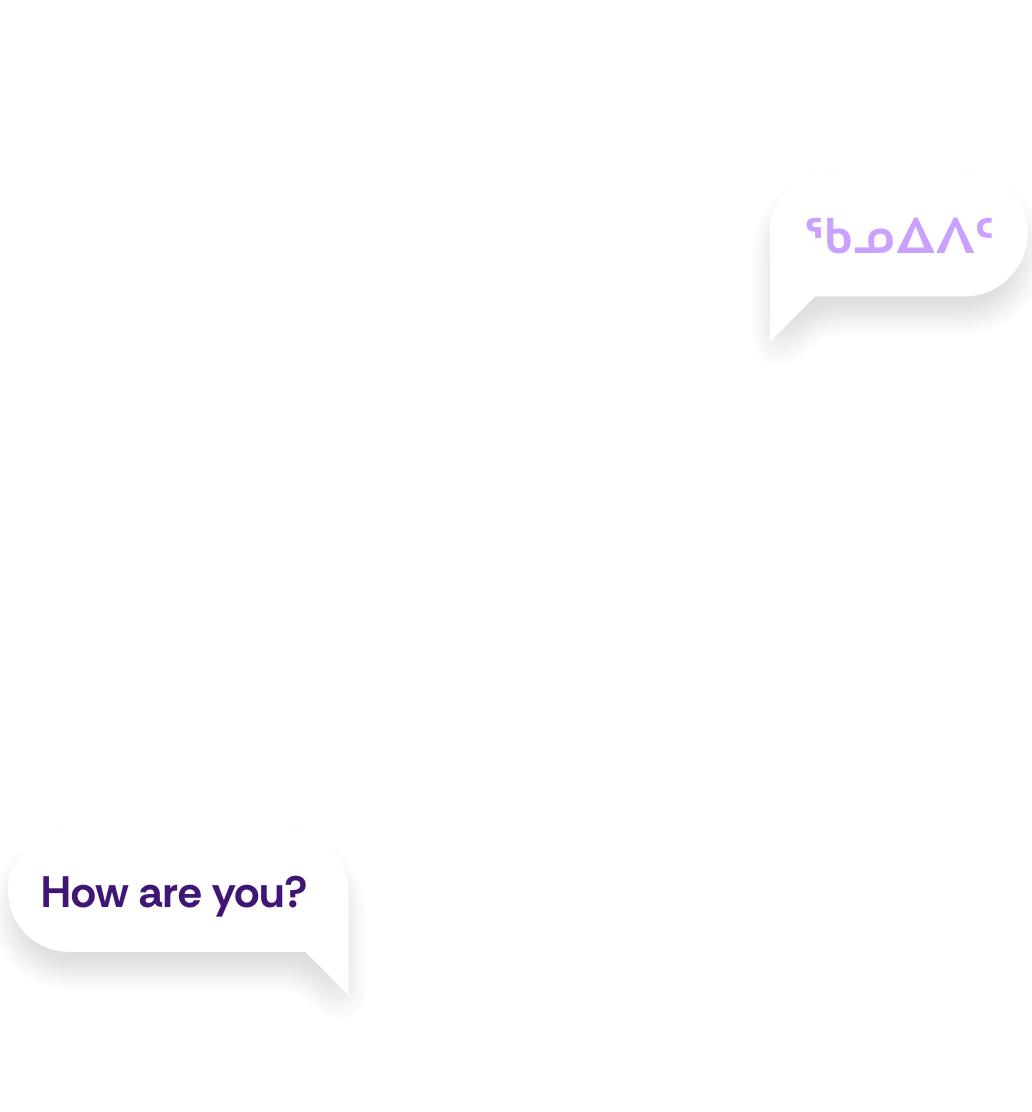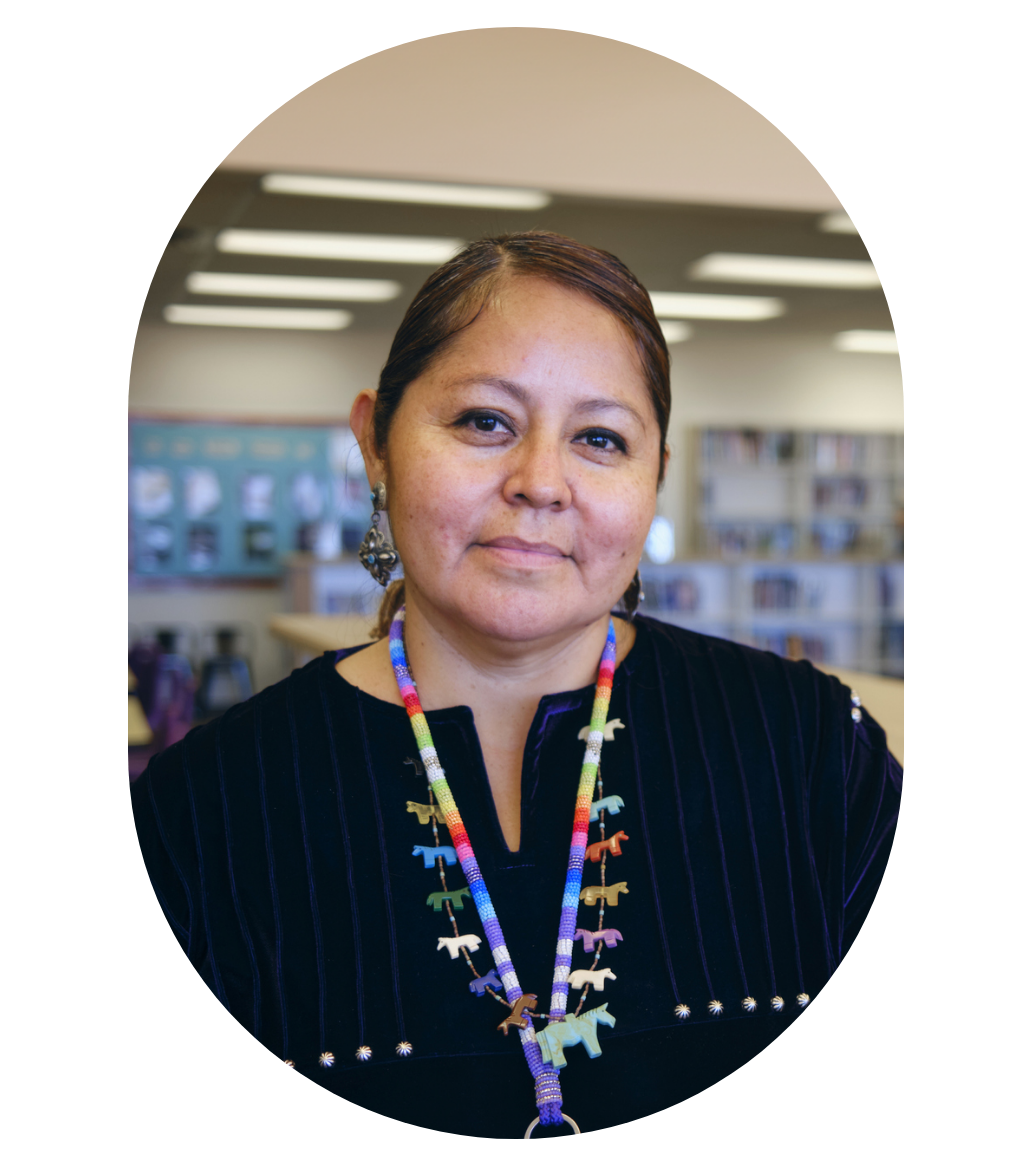

Enabling ASL

Jeenie’s Techquity


Enabling ASL

Jeenie’s Techquity







The right words can change the world. We're fluent in empathizing and empowering people so their voices are heard.







































One big difference is that we're not stuck with costly, localized call centers. With Jeenie, skilled interpreters can work on our platform from anywhere - as long as it is private and has good internet.
This gives us the largest talent pool to choose from, which means we have extraordinary coverage—not just during business hours but consistently...24/7. And, since we don't sink money into expensive call centers, we can offer better rates to clients while interpreters also get higher compensation. That higher pay helps us secure and retain the best interpreters in the world for our clients.
While every organization is different, the short answer is: We almost always are!
There's a reason our competitors are losing clients to Jeenie: They can not match the seamless experience we offer.
Jeenie's platform was built smart from the start with best-in-class technology and an eye on the future. We wanted to reinvent what was possible in language services. The result: The first (and only) Direct-To-Interpreter platform that instantly matches clients to skilled interpreters. It is lightweight, intuitive, reliable, and extremely fast.
Equally important, our approach resulted in a massive, global interpreter network. Unlike our competitors, we are not limited by staffing physical office buildings with local talent or reliant on staffing through "middle man" agencies. Our global reach allows us to provide continuous coverage and directly manage quality.
Jeenie also works on any device or operating system, making it versatile and easy to implement. Plus, if bandwidth is ever an issue while on a video call, the platform will automatically switch to audio-only to provide uninterrupted service.
We take security and compliance very seriously. Jeenie's platform meets SOC2, HIPAA, and GDPR compliance standards. See our Trust page that outlines our commitment to security, compliance and privacy.
For interpreters:
Our assessments and onboarding modules are based on the NCIHC National Standards of Practice and Code of Ethics.
Additionally, healthcare interpreters must have a current HIPAA Certification and be qualified by our staff for healthcare interpreting. All interpreters must pass our comprehensive language skills assessments to work on Jeenie, and maintain at least a 4-star rating to remain on the platform.


Speak with our experienced team to get expert advice on your language access plan and catch a quick demo of our platform.

Is a love of language your love language? Join our 14K+ community of exceptional linguists.